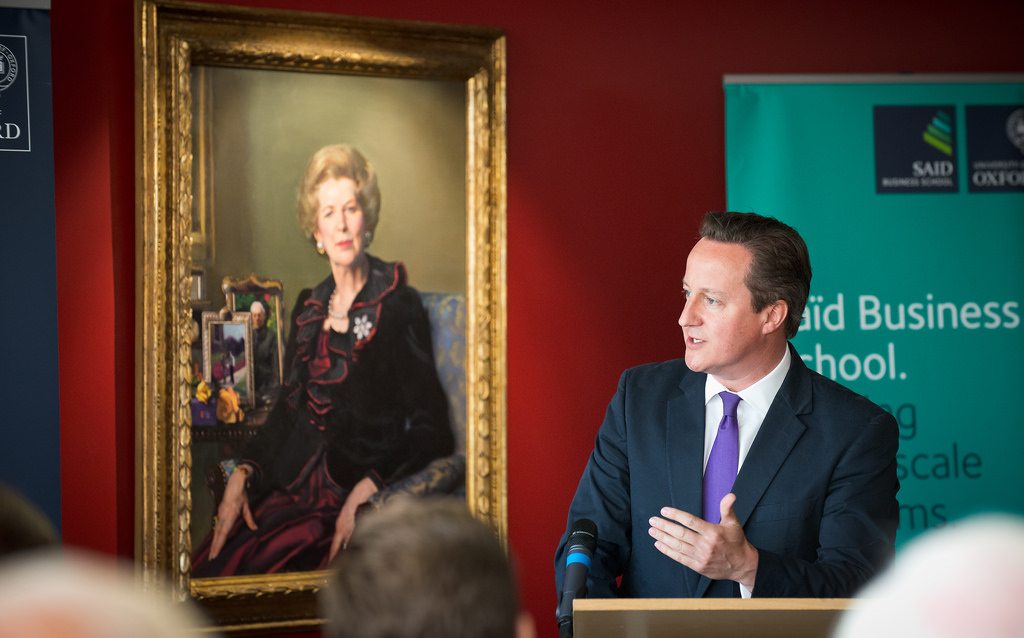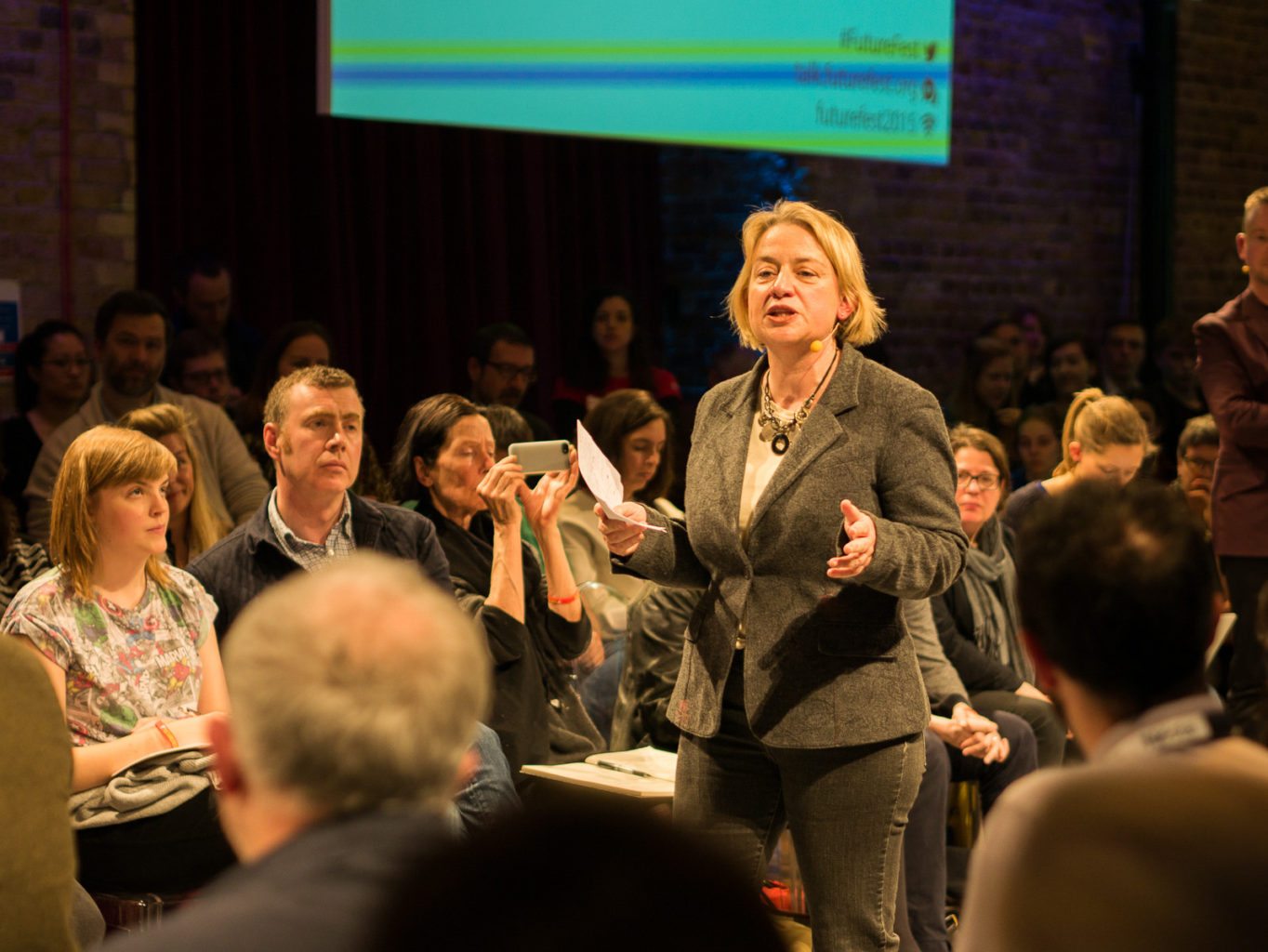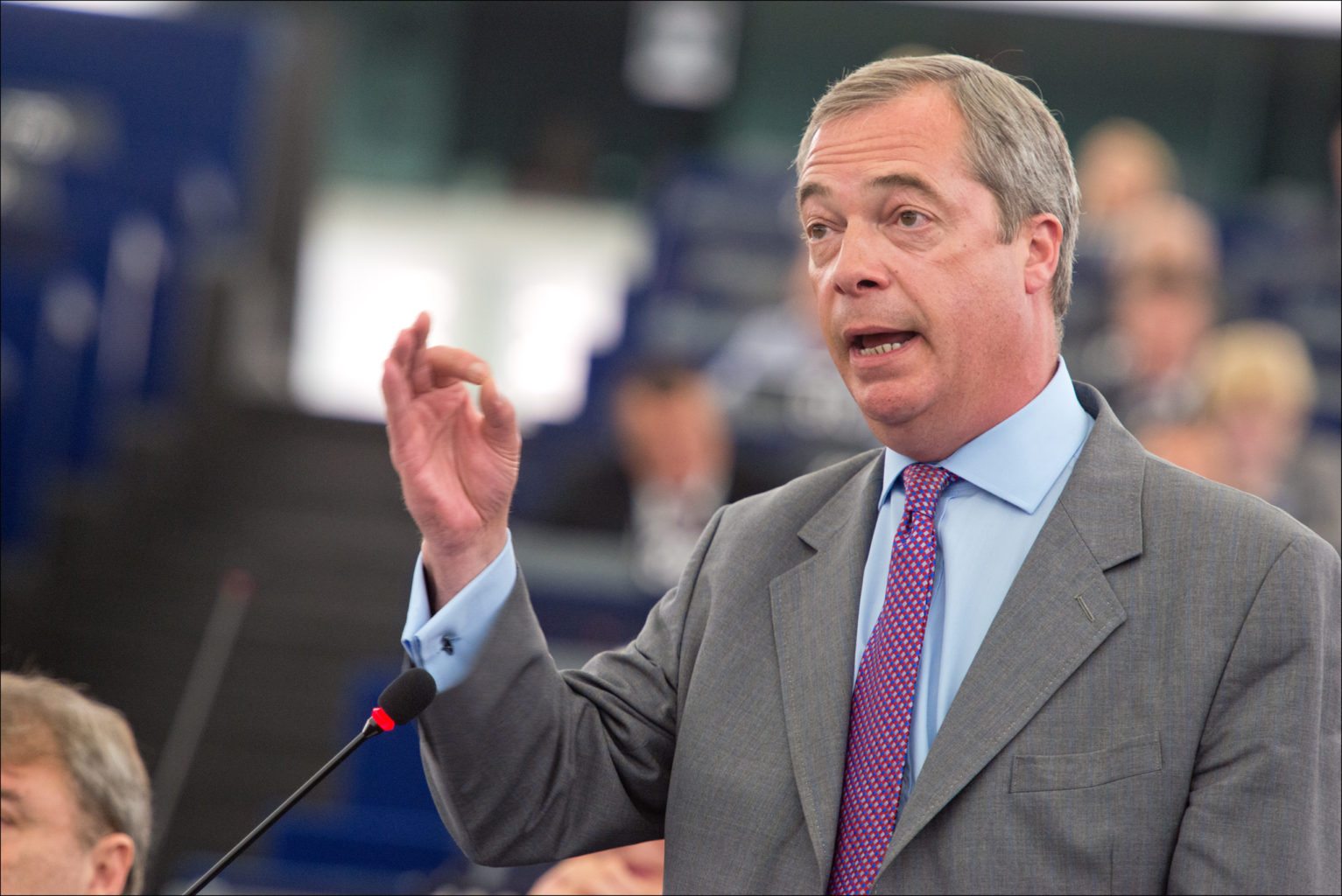General Election: Employment
This week Connor O’Shea investigates what the current government has done on employment, what students want the next government to do and what the five main parties may offer if they have power after 7 May.
THE CURRENT SITUATION
Over the current parliament, the coalition have helped to reduce the amount of people on Jobseekers allowance from 1.49 million claimants to 0.79 million according to figures from the Office for National Statistics (ONS). This is a decrease of 49 percent.
This has also been matched by an increase in employment. According to the ONS, 77.3 percent of working aged people between 16 and 64 were in employment in January 2015. Compared to the previous year, this meant that 617,000 more people were employed.
Yet, in January 2015, nearly six percent of people over 16 who were looking for a job, were unable to find employment.
Statistics from the Independent also suggest that over the last five years there has been a 315 percent increase in those employed on zero hour contracts. According to the figures, there were 168,000 employed on zero hour contracts in 2010, but this rose to 697,000 in 2015.
Zero hour contract employment offers no guaranteed hours and if employed under this type of contract, the employee is only payed for the hours they work. Labour and the Green party have both criticised this form of employment on the basis that workers can receive poor and irregular salaries.
Concerns have also been raised over the national minimum wage for adults, which is currently £6.50 an hour. However, this has been criticised by groups including the Living Wage Foundation. They suggest that a Living wage should be adopted at a rate of £9.15 an hour in London and £7.85 throughout the rest of the country.
However, the coalition have increased the personal tax allowance, or the figure at which you begin to pay tax, from £6,475 in 2010 to £10,600 for the 2015/16 financial year. This has meant that more people don’t have to pay tax on their income at all and all tax payers are now taxed less on their income.
The coalition has also decreased the income tax level for those earning over £150,000 from a 50 percent rate to 45 percent.
STUDENT CONCERNS
Many students voiced concerns over the current income tax system. Saveena Mangat, a second-year Economics and Politics students commented: “Most government policies tend to target either the lowest or highest income tax groups… but the middle rarely see any tax break.
“Someone who earns over £42,385 pays the same tax rate as someone who earns £149,000. That’s hardly progressive!”
Jon Anketell, a final-year History and Politics student, also voiced concerns to the Boar over taxation.
Oliver Rice, Democracy and Development officer elect, told the Boar that he would like the next government to help improve living standards.
Meanwhile, Harmeet Randhawa, a second-year Classical Civilisation student suggested that the next government needed to do more to help young people get into employment.
She suggested that career prospects could be improved through “more apprenticeships, more training and free skills classes.”
CONSERVATIVE POLICY BREAKDOWN
- Support three million new apprenticeships to help get young people into work
- Increase tax free income allowance to £12,500
- Raise the threshold for the 40 percent income tax rate from £42,385 to £50,000
- Cap benefit payments to £23,000 per household
- Help businesses create 2 million new jobs
- Aim to increase the minimum wage to £10 an hour by 2020
- Promise to create over one million jobs in the public sector, which pay a living wage
- Introduce a 35 hour working week
- End zero hour contracts
- Raise the top rate of income tax to 60 percent
- Guarantee a minimum wage job to all young people who have been out of work for a year
- Reintroduce 50 percent income tax rate for those earning over £150,000
- Introduce a 10 percent tax rate
- Increase minimum wage to over £8 an hour by 2019
- Ban zero hour contracts
- Increase tax free income allowance to £12,500
- Consider raising the employee National Insurance threshold, so low earners wouldn’t have to pay National Insurance contributions
- Make companies who employ more than 250 people state how many employees are paid below the living wage
- Invest in support for those moving from benefits to employment
- Double the number of employers offering apprenticeships
- Raise the personal tax allowance to at least £13,000
- Raise the income tax threshold for paying 40 percent to £55,000
- Introduce a new 30 percent income tax rate on earnings between £45,300 and £55,000
- Introduce a lower cap on benefits
- End abuse of zero hour contracts
CONSERVATIVE POLICY HIGHLIGHTS
The Conservatives have stated that if they win the election they plan to continue the long term economic plan, which they claim has led to the creation of more jobs in the UK than the other 27 EU member states combined.
Also, the party has placed emphasis on increasing the number of young people entering into apprenticeships. Their manifesto states that so far they have created 2.2 million apprenticeships over the current parliament.
However, if they retain power, the Conservatives plan to create a further 3 million apprenticeships, which they claim will help increase employment levels, by giving young people valuable skills.
Their manifesto also highlights the importance of making the workplace more inclusive, especially for women and those with disabilities.
The Conservatives are also planning an increase to the tax free income allowance from the current figure of £10,600 to £12,500. According to the party, this would give all tax payers extra spending money.
GREEN PARTY POLICY BREAKDOWN
GREEN PARTY POLICY HIGHLIGHTS
One of the Green party’s main pledges is to end the current government’s austerity measures. By doing so, the part plans to “restore the public sector”, by creating one million good public sector jobs.
The Green party are also placing a heavy emphasis on the importance of the living wage. In their manifesto they have highlighted that 5.2 million people are currently paid less than the living wage.
The party would like to raise the current minimum wage to £10 an hour by 2020, which they believe would be a fair living wage for the lowest paid employees.
The party have also announced plans to raise the top rate of income tax to 60 percent for those who earn over £150,000.
LABOUR POLICY BREAKDOWN
LABOUR POLICY HIGHLIGHTS
A key pledge from Labour at this election is a ban on exploitative zero hour contracts. This would mean that people who work regular hours in a job for over 12 weeks would have the right to a regular contract. Labour suggest that this would give people greater financial security.
The party is also placing an emphasis on getting young people into work. They are promising to guarantee a job at minimum wage to young people who have been out of work for a year. Labour has said that the young people will have to take this job or otherwise they will lose their benefits.
The Labour party have also revealed intentions to introduce a new 10 percent tax rate. They have not stated the thresholds for this 10 percent rate.
Their manifesto has also suggested that the party will put pressure on businesses to adopt a living wage. Meanwhile, the party intends to raise the minimum wage to over £8 an hour by 2019.
LIB DEM POLICY BREAKDOWN
LIB DEM POLICY HIGHLIGHTS
One of the Liberal Democrats’ key policies on Employment is increasing the income tax threshold to £12,500 by 2020. They claim that this will give every income tax payer and additional £400 a year.
The party also plans to establish the living wage as a more authoritative measure. According to their manifesto, they plan to do this by commissioning a review into the appropriate level for a living wage.
They have also suggested making companies who employ over 250 members of staff state the number of employees who are paid under the living wage.
The Liberal Democrats’ manifesto also suggests that they would offer greater help to those with disabilities to find employment. They suggest employing special job centre teams who would specialise in helping those with disabilities enter the workforce.
UKIP POLICY BREAKDOWN
UKIP POLICY HIGHLIGHTS
UKIP state that as a party they believe in “low taxation”. As such, they plan to reduce tax payments for millions of people. They have promised a new tax rate of 30 percent for those who earn between £45,300 and £55,000.
The party have also pledged to raise the tax free allowance to £13,000.
Their manifesto also states that they would ensure the end of the abuse of zero hour contracts.
UKIP has also suggested that UK businesses should employ UK workers ahead of foreign workers to ensure more British people are able to find employment.
[poll id=”12″]






Comments